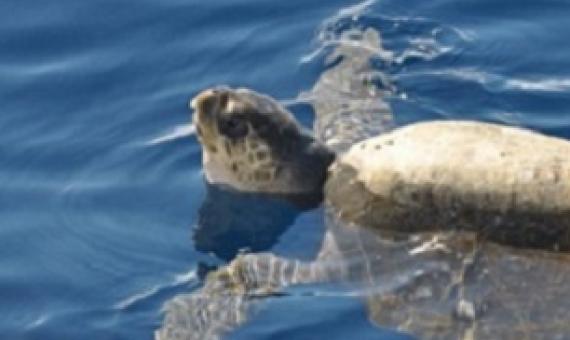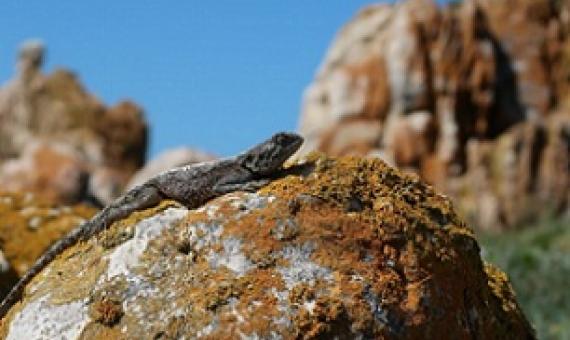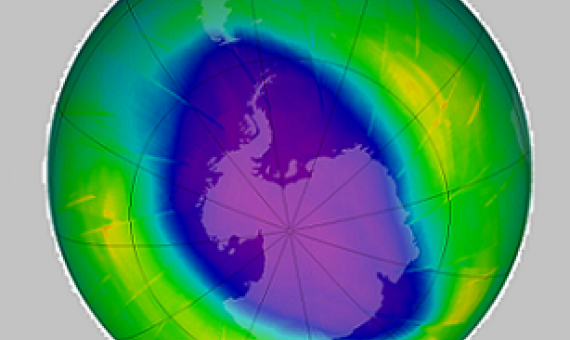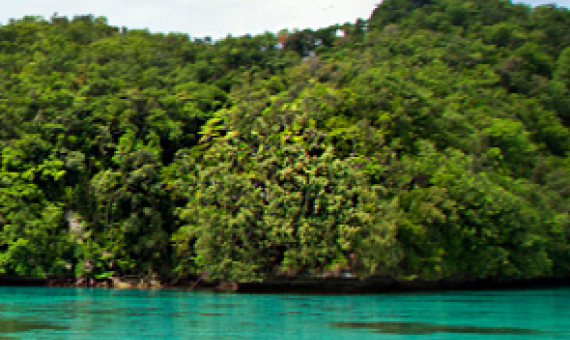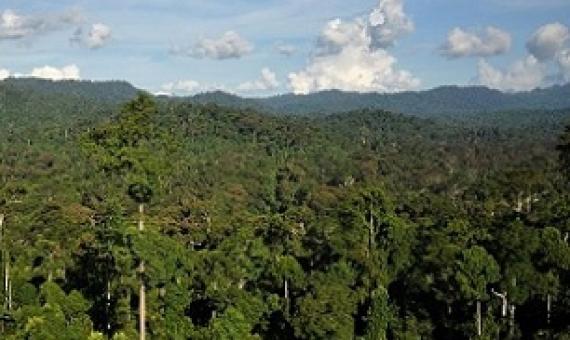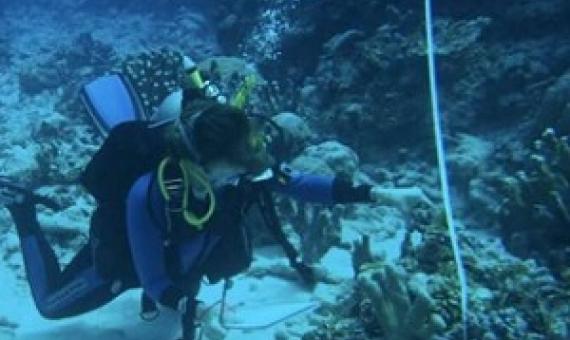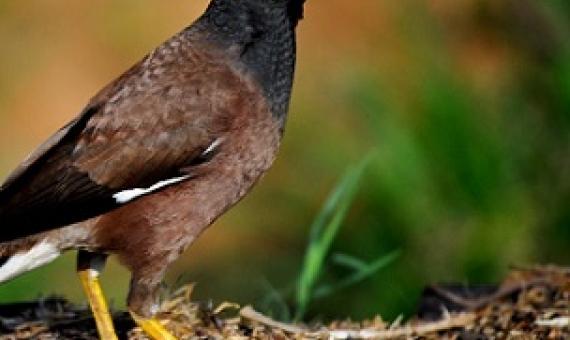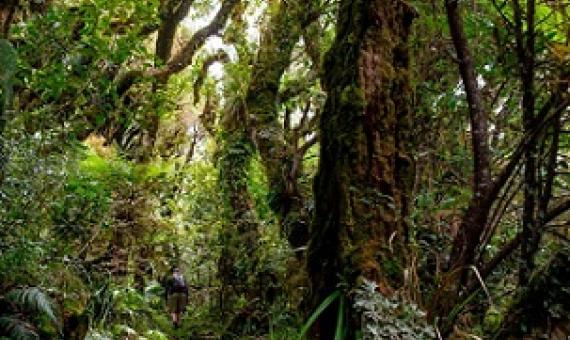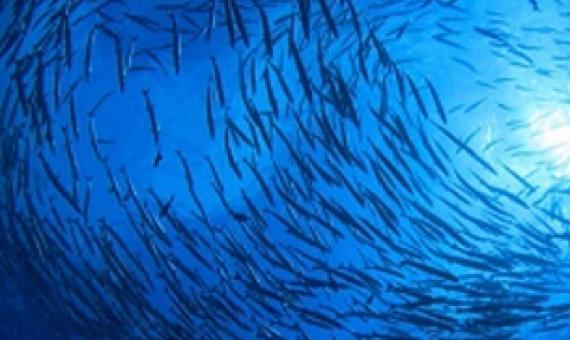A new study carried out by the Nature Map Consortium shows that managing a strategically placed 30% of land for conservation could safeguard 70% of all considered terrestrial plant and vertebrate animal species, while simultaneously conserving more than 62% of the world's above and below ground v
In collaboration with Utrecht University (Netherlands), Goethe University Frankfurt (Germany) and the University of Queensland, the researchers developed a virtual turtle model to simulate cadmium uptake and its effects over a turtles' lifetime.
It is not easy to predict how animals—from insects to fish—are going to respond to climate change and especially extremes of temperature. This lack of understanding hinders our ability to predict the vulnerability of these animals to climate change.
The Montreal Protocol, a global ban ozone-damaging compounds, also saved the world's plants and helped give us a fighting chance against climate change...Often held up as a success story of international cooperation, the protocol’s global ban on ozone-damaging commercial compounds...has led to th
The Palau International Coral Reef Center (PICRC) just published an important scientific article in the peer-reviewed journal “Estuarine, Coastal and Shelf Science” entitled “Oceanographic chaos and its role in larval self-recruitment and connectivity among fish populations in Micronesia”.
Planting trees and replenishing forests are among the simplest and most appealing natural climate solutions, but the impact of trees on atmospheric temperature is more complex than meets the eye.
A new UBC study on the impact of climate change on coral reefs is raising sticky questions about conservation. It found coral in more polluted and high traffic water handled extreme heat events better than a more remote, untouched reef.
The introduction of invasive species leads to a decline in certain native species: a team of researchers has managed to show that 11% of the global phylogenetic diversity of birds and mammals, in other words their accumulated evolutionary history, is threatened by biological invasions.
In June 2018, 180 cars fanned out across Denmark and parts of Germany on a grand insect hunt.
A new study by Tel Aviv University reveals significant ecological damage to many MPAs around the world. The study findings point to a strong "edge effect" in MPAs, i.e.


